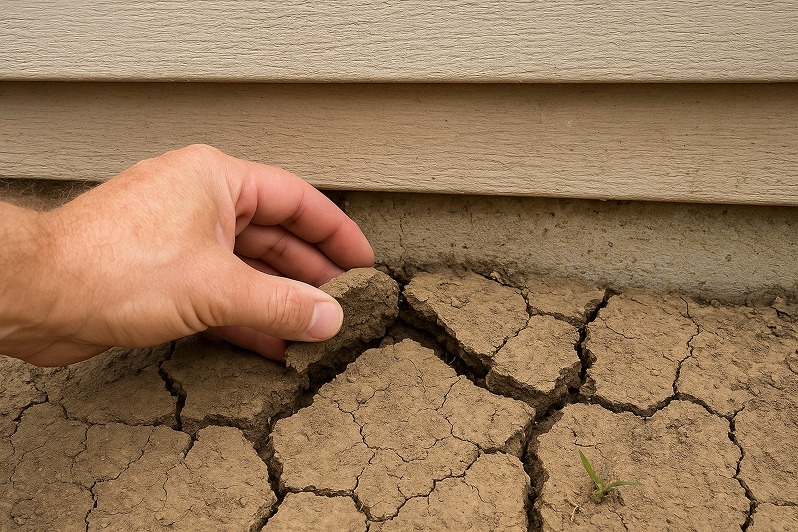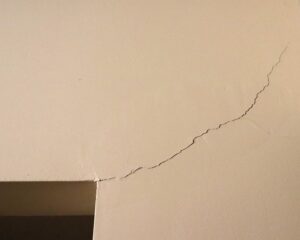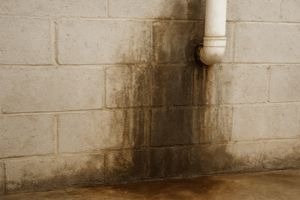Our weather in Alberta has a way of keeping homeowners on their toes. One season brings heavy rain, the next brings weeks of dry heat. Lately, with the stretch of almost no rainfall, some people are starting to notice things around the house that don’t feel quite right, like new cracks in the basement or doors that don’t close the way they used to. It’s not just coincidence. Extended dry spells can quietly shift the ground beneath your home, especially when clay soil is involved.
Why Clay Soil Reacts the Way It Does
Clay-heavy ground is common across much of central Alberta. It’s a reactive soil, meaning it changes a lot depending on how much moisture it holds.
- When it’s wet: Clay swells up, pushing hard against foundation walls.
- When it’s dry: Clay contracts, leaving gaps and reducing the support under your home.
That constant cycle of expansion and contraction is tough on foundations, and dry weather is often the spark that brings hidden problems to the surface.
What Drought Does to Your Foundation
During long dry periods, here’s what usually happens underground:
1. Soil Shrinkage
As clay loses moisture, it contracts. That leaves visible gaps between the soil and foundation walls.
2. Uneven Support
Because soil rarely shrinks evenly, parts of the foundation can settle while others don’t, leading to stress cracks.
3. Pathways for Water
Ironically, the next heavy rain often makes things worse. Those soil gaps act like funnels, sending water straight against the basement walls.
4. Added Structural Stress
The shifting soil forces your home to adjust. Even a small shift is enough to crack walls, make doors stick, or leave floors feeling uneven.
Signs to Watch Out For
With the dry weather we’re having this fall, keep an eye out for:
- Cracks forming in basement walls or concrete floors.
- Soil pulling away from the outside of your foundation.
- Doors and windows that suddenly don’t close properly.
- Stair-step cracks in exterior brickwork or masonry.
- Subtle dips or uneven spots in floors.
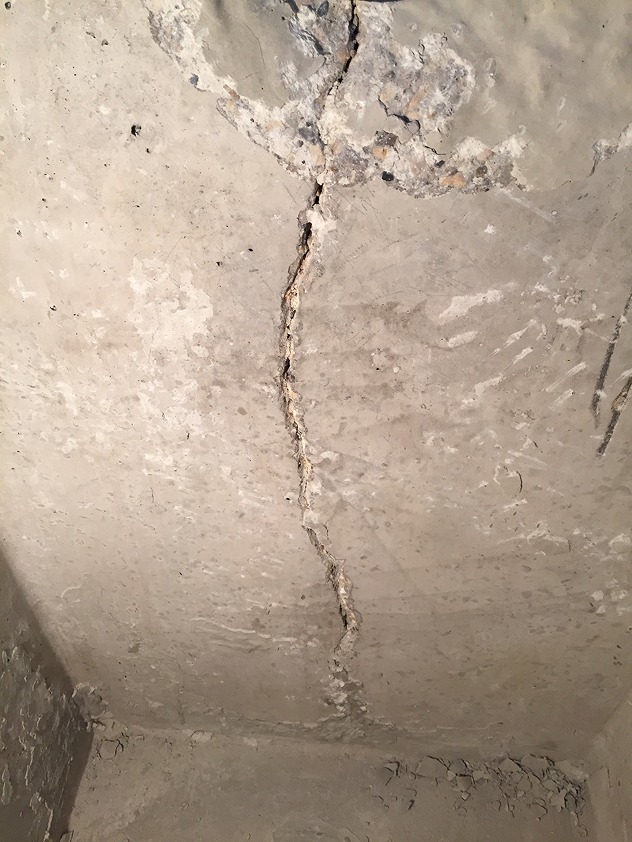
These early indicators are worth paying attention to before they grow into bigger, more costly
repairs.
What You Can Do About It
While we can’t change the weather, a few habits can help minimize the impact of prolonged dry spells on your home:
Keep Soil Moist
A light watering around the foundation during long dry stretches can prevent clay from shrinking too much. The goal is even moisture, not saturation.
Watch Your Drainage
Once rain returns, you’ll want it moving away from the house, not pooling near the walls. Make sure downspouts extend several feet from the foundation and that grading slopes away.
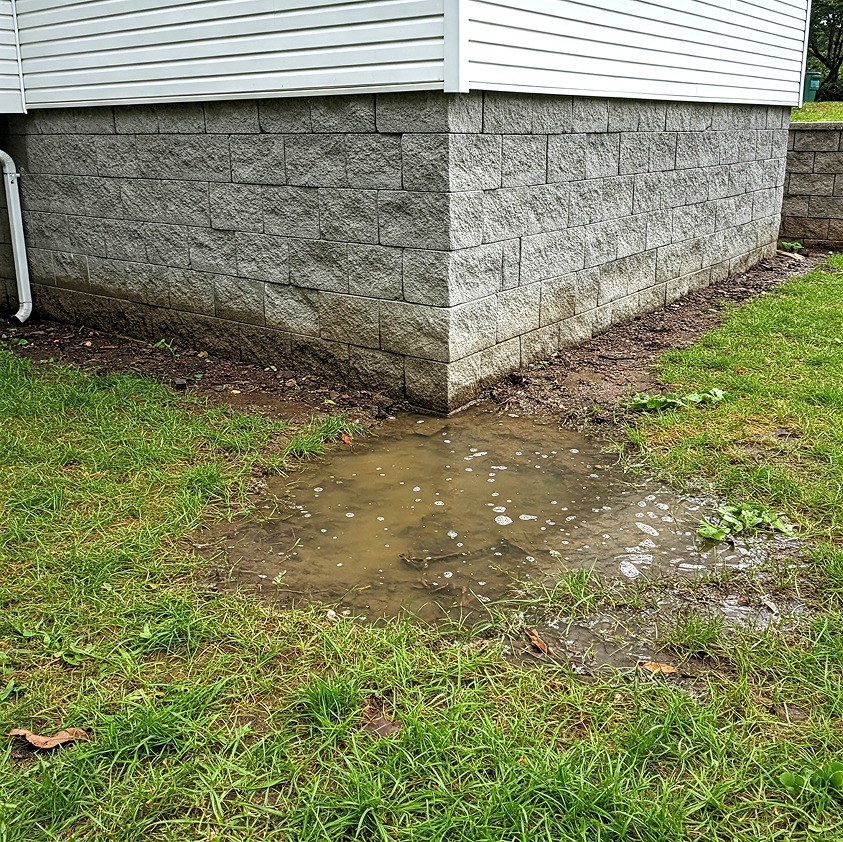
Backfill and Monitor
If you notice gaps, backfill them with soil and water gently to settle things in.
Don’t Ignore the Little Things
Small cracks and sticky doors may feel like annoyances, but they often signal early foundation movement. A check-up now can save big headaches later.
Why Paying Attention Matters
Our climate is known for its extremes, and clay soil doesn’t handle those swings quietly. Even a couple of months without rain can cause enough shifting to stress a foundation. The trouble is, by the time obvious signs appear, the soil has often been moving for a while. Catching problems early, or better yet, preventing them, is always the cheaper and less disruptive option.
Final Thoughts
Droughts don’t just dry out lawns and gardens; they quietly stress the very ground holding up your home. Clay soils are especially vulnerable, shrinking when dry and then swelling again with the next big rainfall.
By keeping an eye on soil conditions, managing moisture carefully, and addressing early warning signs, you can help protect your foundation from costly damage. The weather may keep changing, but your approach to protecting your home doesn’t have to. If you suspect foundation damage due in part to soil dehydration, give us a call today to speak to our friendly staff at 780 760 4900 or fill out our handy contact form
